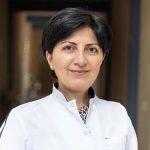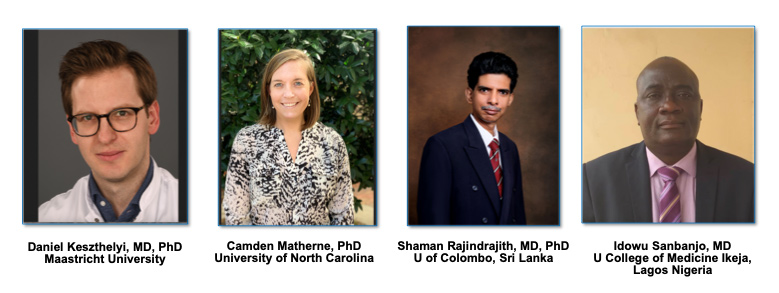Description
The Rome Foundation is offering four one-year research grants pertaining to Disorders of Gut-Brain Interaction (DGBI), formerly known as Functional Gastrointestinal Disorders (FGID). Priority is set to support early career investigators. Two research grants are each for $40,000. Two research awards for $10,000 are dedicated to researchers in geographical areas where DGBI research is not widely present and funding opportunities more limited.
Objective
The objective of this RF Research award is to provide investigators funds to help establish their research careers or support projects that represent new research directions. The intent of the award is to stimulate research in DGBI by providing new or preliminary data that can lead to larger grant applications. We encourage applications for DGBI research globally, and in geographical areas where DGBI research is not widely present.
Eligibility
- Award recipients will be selected based on the novelty, importance, feasibility, environment and the overall likelihood that the project will lead to subsequent, more substantial grants in the areas of DGBI research.
- Candidates for these awards must hold an MD, PhD, PsyD or equivalent degree and be at least 30% time at an accredited institution in a clinical or research role. The institution need not be an academic medical center.
- Candidates for the $10,000 award will preferentially apply from geographical areas where DGBI research is not well established and funding opportunities are limited.
- Women and minorities are strongly encouraged to apply.
- Rome Foundation board members are ineligible, and applicants cannot have active research collaboration with Rome Foundation board members.
Requirements
- The proposed research proposal must address the pathophysiology, epidemiology, diagnosis or treatment of DGBI or any combination.
- The awards are allocated to clinical and translational research. Consideration is given to proposals that have the potential to influence clinical management.
- Allowable Costs:
- Applicant’s salary and benefits
- Research assistants and/or laboratory technicians
- Biostatistics support
- Supplies and/or equipment
- The following costs are not allowed:
- Preceptor’s salary and benefits
- Travel costs
- Indirect costs
- A letter of recommendation from the Division Chief or Department Chair or from an established Senior Investigator is required for all applicants.
- Established investigators who are applying for this award should state explicitly how the research being proposed is different from their previous line of research.
- Upon receipt of this award, the recipient must provide notification or a waiver of approval from the appropriate institutional committee for the use of human subjects or animals. If approval is not necessary, the recipient must provide an explanation.
- A scientific and financial progress report must be submitted to RF by the award recipient one year and any subsequent year from receiving the award while the study is in progress.
- A final report must be submitted upon completion of the project.
- Investigators are allowed to apply for both the $40,000 and $10,000 research awards.
- That applicant must specify if they hold additional funding or intend to apply for additional funding for the same project.
- Projects using data from the Rome Global Epidemiology Study are also eligible for funding.
Review Process
A selection committee comprised of seven members of the Rome Foundation Research Committee will review the proposals and select the award recipients. Awardees will be notified by April 1, 2026. Funding will commence June 1, 2026.
Application Process
- The application opens on September 20, 2025 and closes on January 31, 2026
- Applications must be submitted through the RF website. No Exceptions.
- Applicants may only submit one application for this award per calendar year.
- The project proposal is limited to four pages and should contain the following headings:
- Background / State of the art
- Preliminary results (if applicable)
- Work plan
- Clinical significance
- Research environment
- The application must also contain:
- Two-page CV,
- One-page budget,
- Letter of support from Division Chief or Department Chair, or from an established Senior Investigator.
- Award ceremonies will be held at DDW 2026.
- Please submit your application by completing the form on this web page beginning September 20, 2025. Applications will not be accepted via email, fax, or hard copy.
- Please direct all questions to the RF Award Program to Mauricio Rojas at [email protected].
Support for this award is provided by the Rome Foundation
Rome Foundation Research Award Winners 2025
Awarded for Original Global Research in Disorders of Gut-Brain Interaction
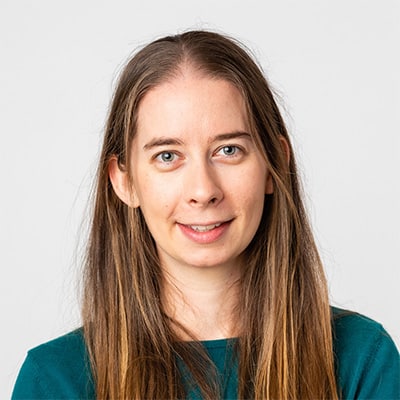
Caroline Tuck, PhD – Rome Foundation Diet & Nutrition, Chair, Senior Lecturer, Doctor of Philosophy, Monash University, Australia
“Targeting pain with diet in irritable bowel syndrome: the PART with Pain study”
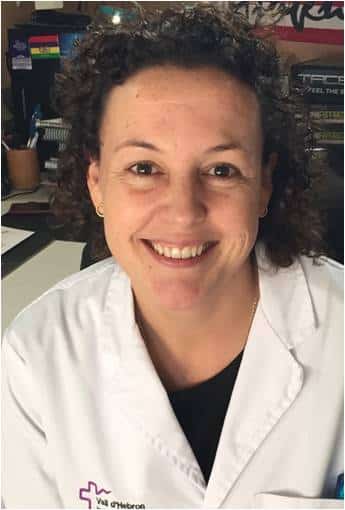
Carmen Alonso-Cotoner, MD – Hospital Vall d’Hebron (HVH), Gastroenterology Department. Barcelona. Spain
“When disaster hits the gut: effects of the massive 2024 flooding of Valencia on the prevalence and severity of IBS and functional dyspepsia.”

Jonathan Kuang Ziyang, MBBS, MRCP (UK) – Tan Tock Seng Hospital, Singapore
“The Use of an Artificial Intelligence Journaling App in Patients with Irritable Bowel Syndrome – A Pilot Study”

Sarantuya Gidaagaya MD, Ph.D. – Mongolian National University of Medical Sciences, Mongolia
“Adapting and applying the Rome IV Criteria to evaluate disorders of Gut-Brain interaction among Mongolian adults”
Rome Foundation Research Award Winners 2024
Awarded for Original Global Research in Disorders of Gut-Brain Interaction
 Jessica Biesiekierski, PhD Monash University, Melbourne, AU
Jessica Biesiekierski, PhD Monash University, Melbourne, AU
“A randomized controlled trial of internet-based low FODMAP diet versus exposure-based cognitive behavioral therapy”
 Grace Burns, PhD University of Newcastle, AU
Grace Burns, PhD University of Newcastle, AU
“Understanding small intestinal Eosinophil Accumulation to manage better and treat disorders of gut-brain interaction (DGBI).”
 Justin Lee, MD, Hospital Universiti Sains, Malaysi
Justin Lee, MD, Hospital Universiti Sains, Malaysi
“Development and validation of GI symptoms animated pictograms (GAP) to improve symptom communication in patients with neurodegenerative diseases.”
Cristian Garay, PhD Universidad de Buenos Aires
“Integration of technology and psychotherapy: Development and evaluation of the “Digestivamente” Application as a complement to Cognitive-Behavioral Therapy for Irritable Bowel Syndrome Rome Foundation.”
Rome Foundation Research Award Winners 2023
Awarded for Original Global Research in Disorders of Gut-Brain Interaction
 Yasmin Nasser, Calgary, Canada
Yasmin Nasser, Calgary, Canada
“Mind Body Interventions: Does an integrated yoga intervention modulate gut microbial dysbiosis in IBS?”
 Imran Aziz, Sheffield, UK
Imran Aziz, Sheffield, UK
“Dietary Therapies in Functional Dyspepsia: A Randomized Clinical Trial”
Manik Gemilyan, Yerevan, Armenia
“Identifying and tackling barriers to effective diagnosis and management of disorders of gut-brain interaction in Armenia”
Rome Foundation Research Award Winners 2022
Awarded for Original Global Research in Disorders of Gut-Brain Interaction
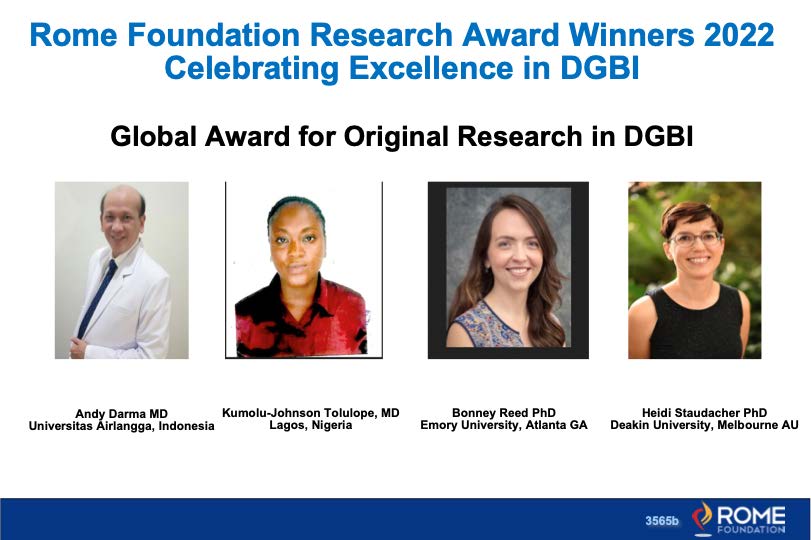


 Jessica Biesiekierski, PhD Monash University, Melbourne, AU
Jessica Biesiekierski, PhD Monash University, Melbourne, AU Grace Burns, PhD University of Newcastle, AU
Grace Burns, PhD University of Newcastle, AU Justin Lee, MD, Hospital Universiti Sains, Malaysi
Justin Lee, MD, Hospital Universiti Sains, Malaysi
 Yasmin Nasser, Calgary, Canada
Yasmin Nasser, Calgary, Canada Imran Aziz, Sheffield, UK
Imran Aziz, Sheffield, UK